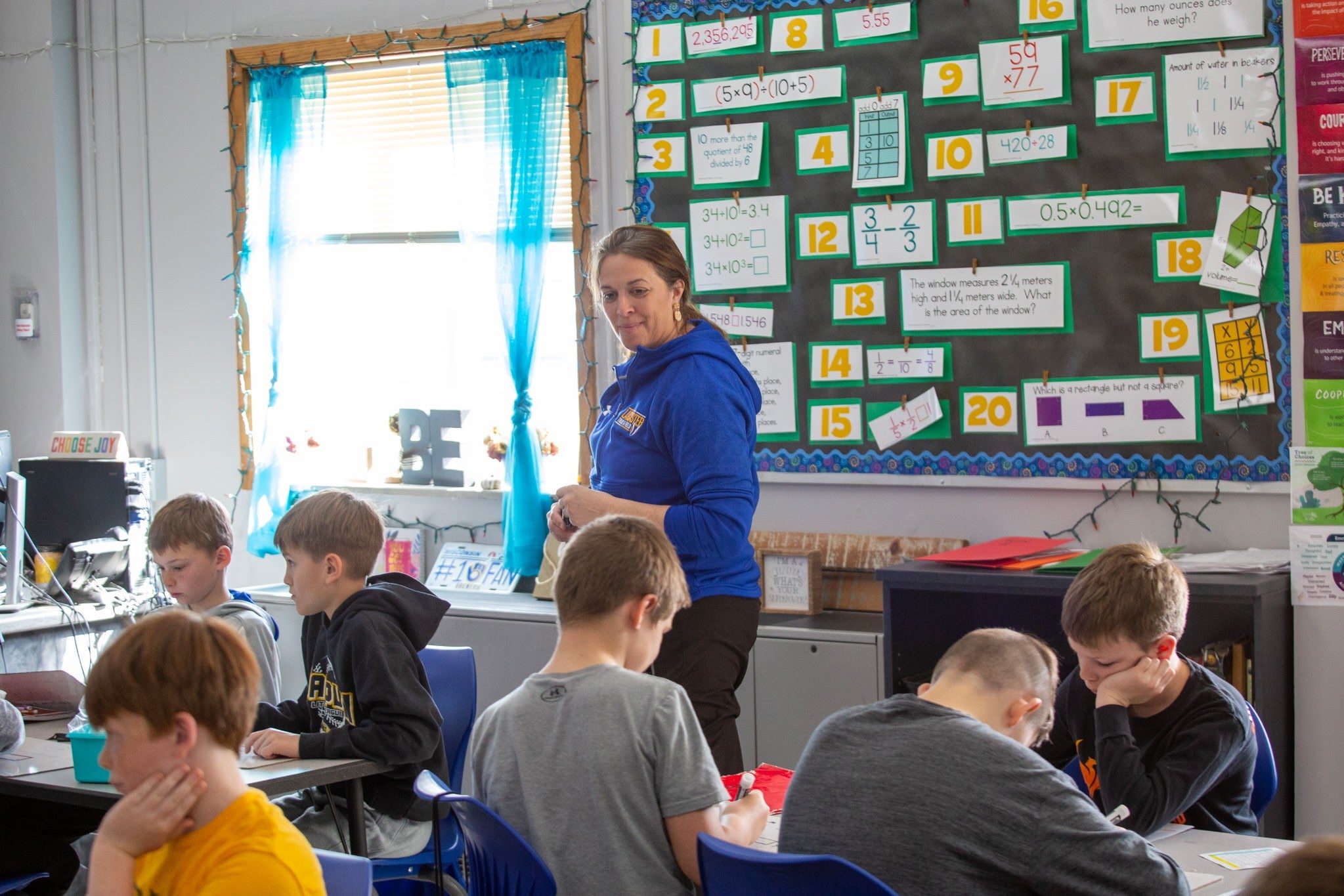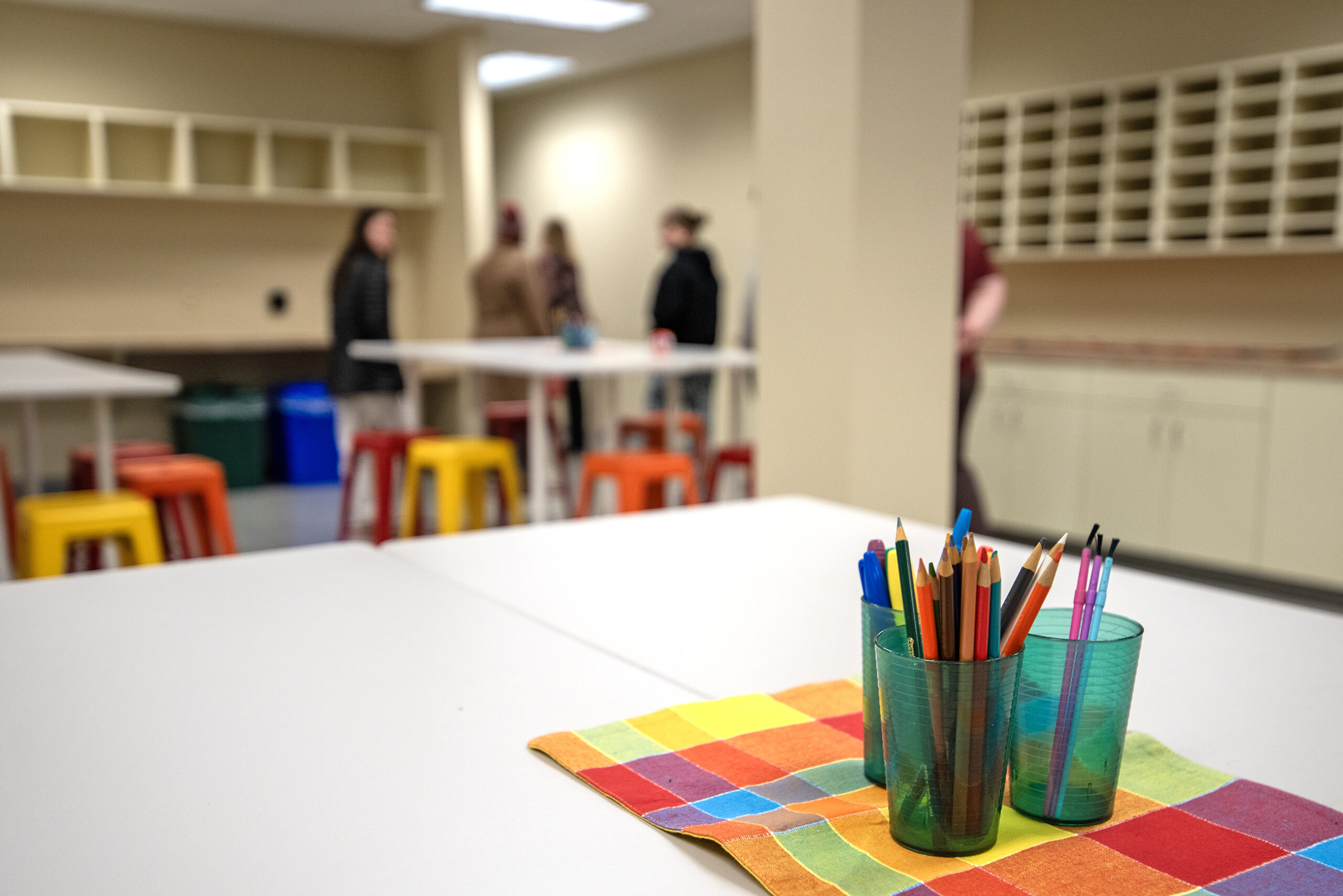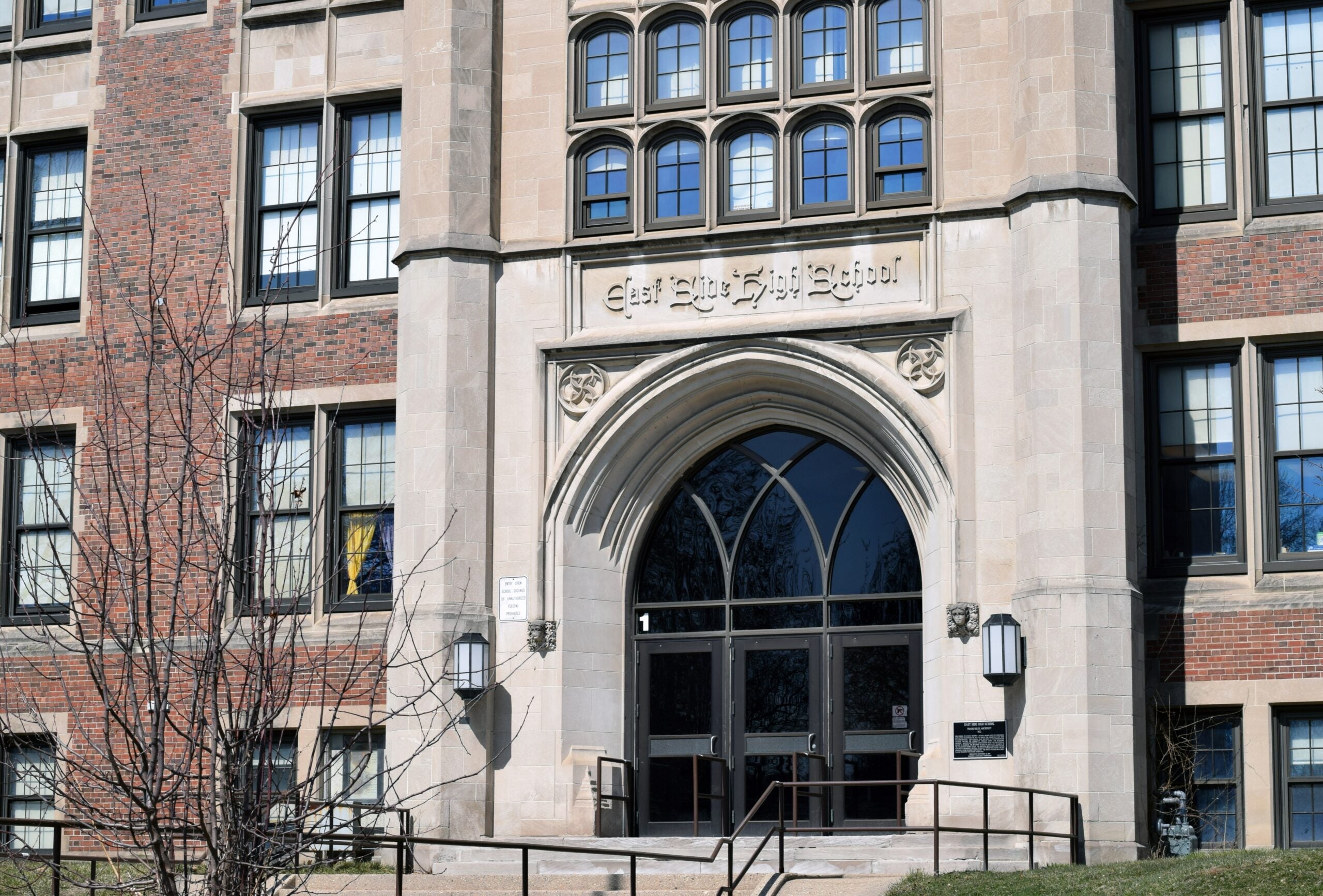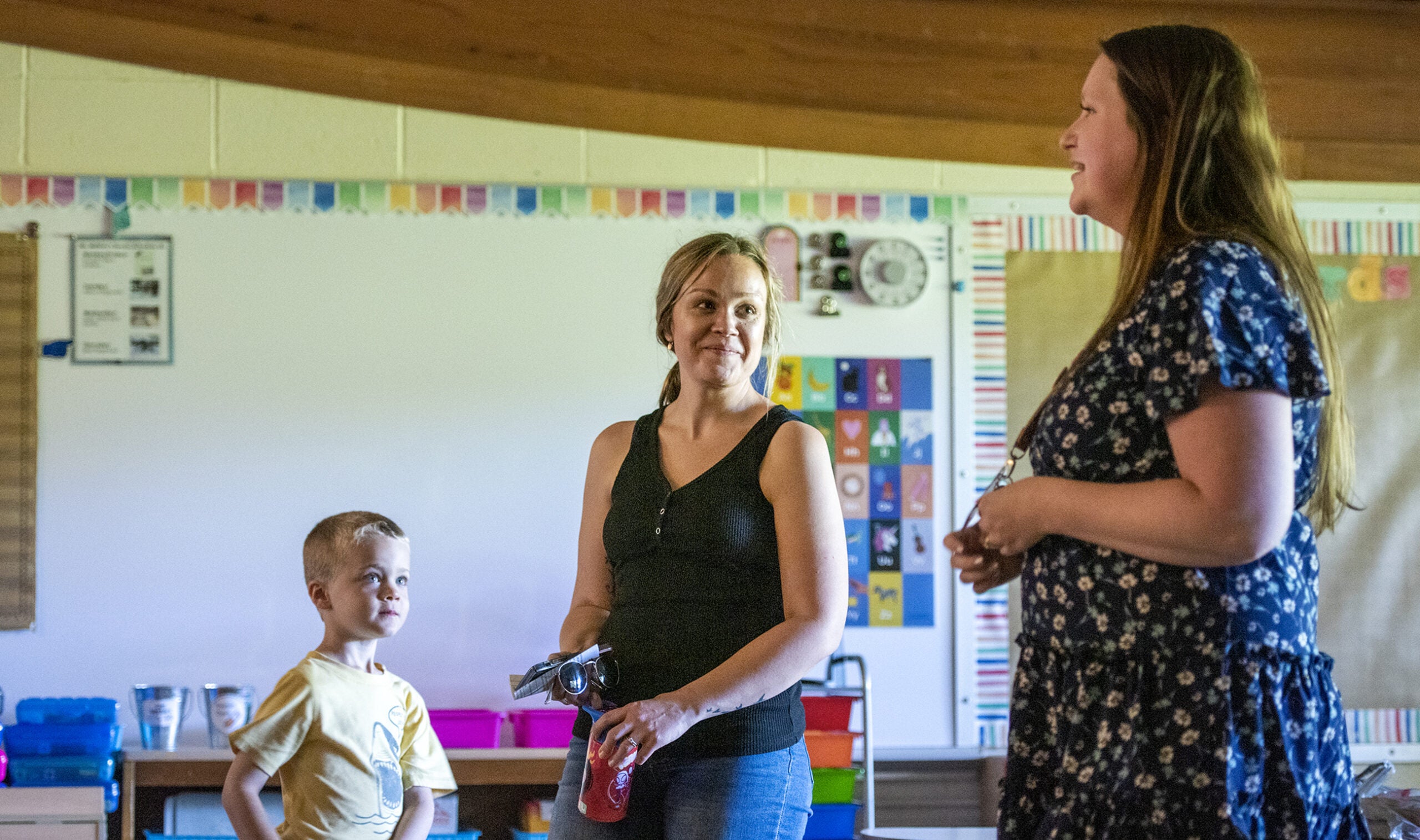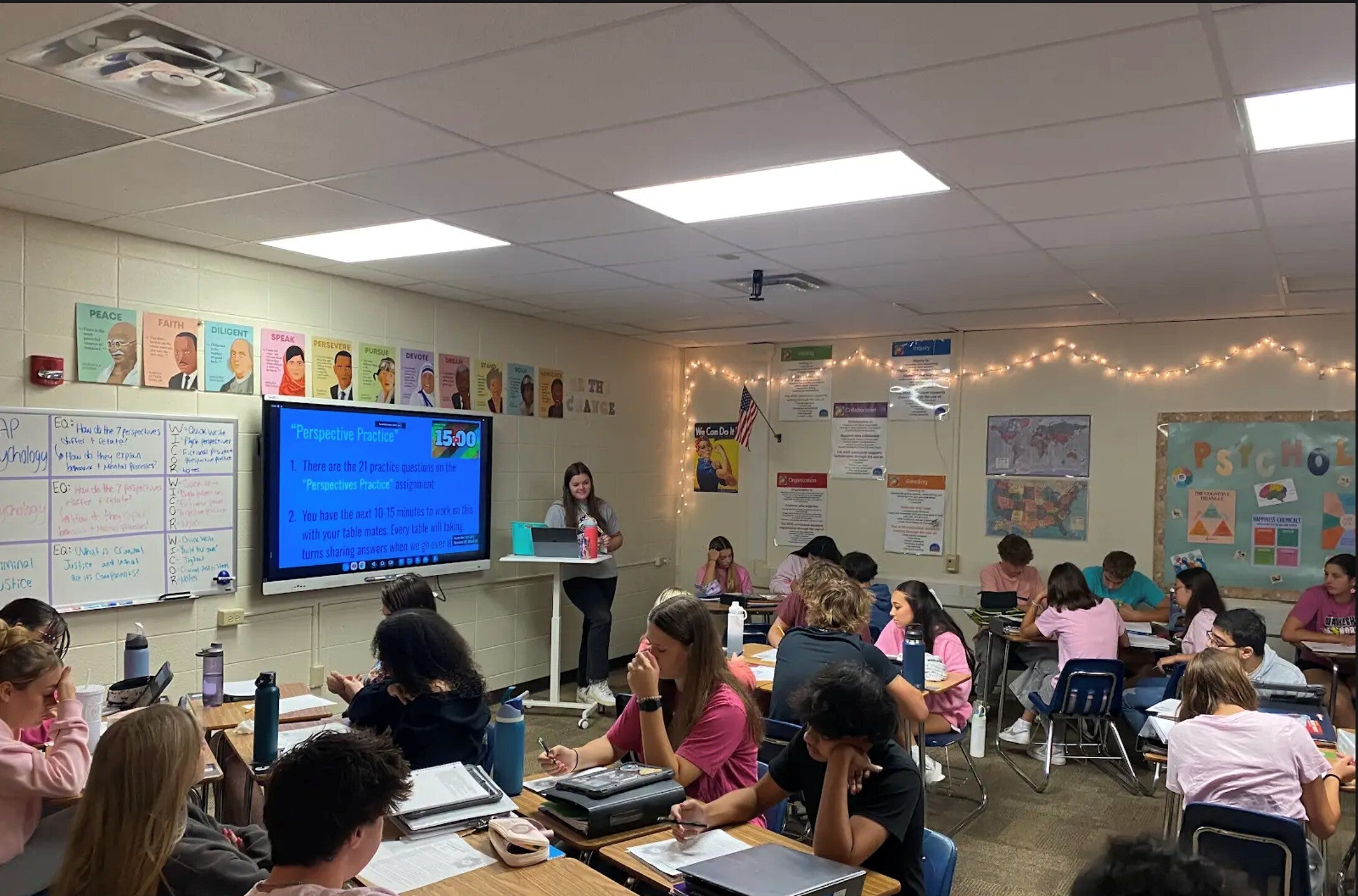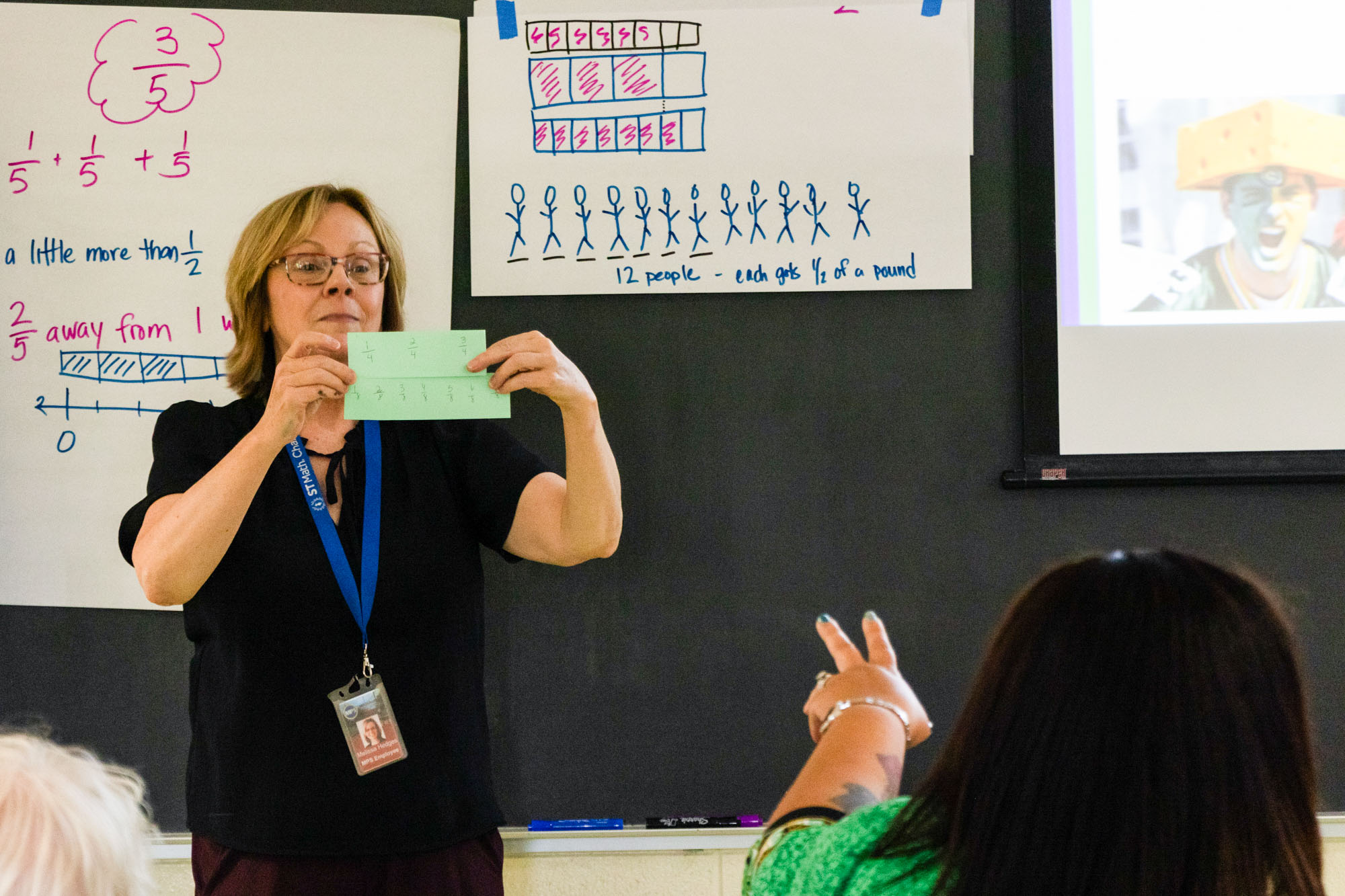Nearly a quarter of Wisconsin fourth graders lack basic math knowledge.
The National Council on Teacher Quality says that’s because only one in eight colleges are spending enough time preparing future teachers to teach fundamental math topics.
The group found only three Wisconsin colleges are devoting enough time to math education.
Stay informed on the latest news
Sign up for WPR’s email newsletter.
Without this prep time, teachers are entering the workforce unprepared to teach math and students are underserved, said Heather Peske, president of the National Council on Teacher Quality, or NCTQ.
“We know that math skills are critical for student success in their other subjects and also later in life, and we know that teacher preparation is a way that we can ensure that students have strong math skills,” Peske said.
NCTQ evaluated 22 elementary teacher prep programs in Wisconsin to determine if they dedicate enough time to key math content topics and math pedagogy.
The report found 14 percent of the state’s programs earned an “A+” or an “A” by dedicating at least 135 instructional hours to numbers and operations, algebraic thinking, geometry and measurement, and data analysis and probability.
Those schools were the University of Wisconsin-Stevens Point; UW-Milwaukee and UW-Oshkosh.
Four schools received an “F,” which means they are dedicating fewer than 90 instructional hours to math content topics and math pedagogy.
Those schools are: Alverno College’s undergraduate and graduate program, Carthage College, UW-Platteville and Wisconsin Lutheran College.
The National Council of Teacher Quality report analyzed prep programs for elementary teachers. It did not evaluate mathematical preparation of secondary teacher preparation in Wisconsin.
The U.S. Department of Education’s National Assessment of Educational Progress, or NAEP, scores released in January found 23 percent of fourth graders in Wisconsin lacked basic math knowledge and skills.
This means 12,914 students in fourth grade likely cannot perform skills such as locating numbers on a number line or subtracting multi-digit whole numbers. Since math knowledge is cumulative, students struggling in fourth grade are likely to continue to struggle into middle and high school.
Changing teaching method helped transform Lancaster school
Missy Sperle is a fifth grade math teacher at Winskill Elementary School in Lancaster, located in southwest Wisconsin.
Sperle was one of six Wisconsin finalists for a 2024 Presidential Awards for Excellence in Mathematics and Science Teaching. But her prowess for teaching math didn’t come from her education at UW-Madison.
“I was not adequately prepared,” Sperle said. “I had two math classes that were not the methods of teaching mathematics. For the first 10 years of my teaching, I taught math the way I was taught: tricks and procedures and mimicking.”
Over the last decade, Sperle sought out other mathematicians and said she has transformed her teaching.
According to the last Department of Public Instruction report card, 77 percent of students at Winskill Elementary School are “advanced” or “meeting” expectations in math.
The school has done this by making several changes, Sperle said.
Beginning in grade three, elementary school teachers focus on one subject. So instead of teaching reading, math, science and social studies, Sperle gets to now just focus on math.
Winskill also developed a math team, which Sperle leads.
“I think a lot of teachers fall back on the methods they learn,” Sperle said. “We collaborate about what methods we’re teaching, what vocabulary we’re using and how we’re instructing kids, so they’re getting a conceptual understanding from 4k through fifth grade.”
Wisconsin Public Radio, © Copyright 2025, Board of Regents of the University of Wisconsin System and Wisconsin Educational Communications Board.
